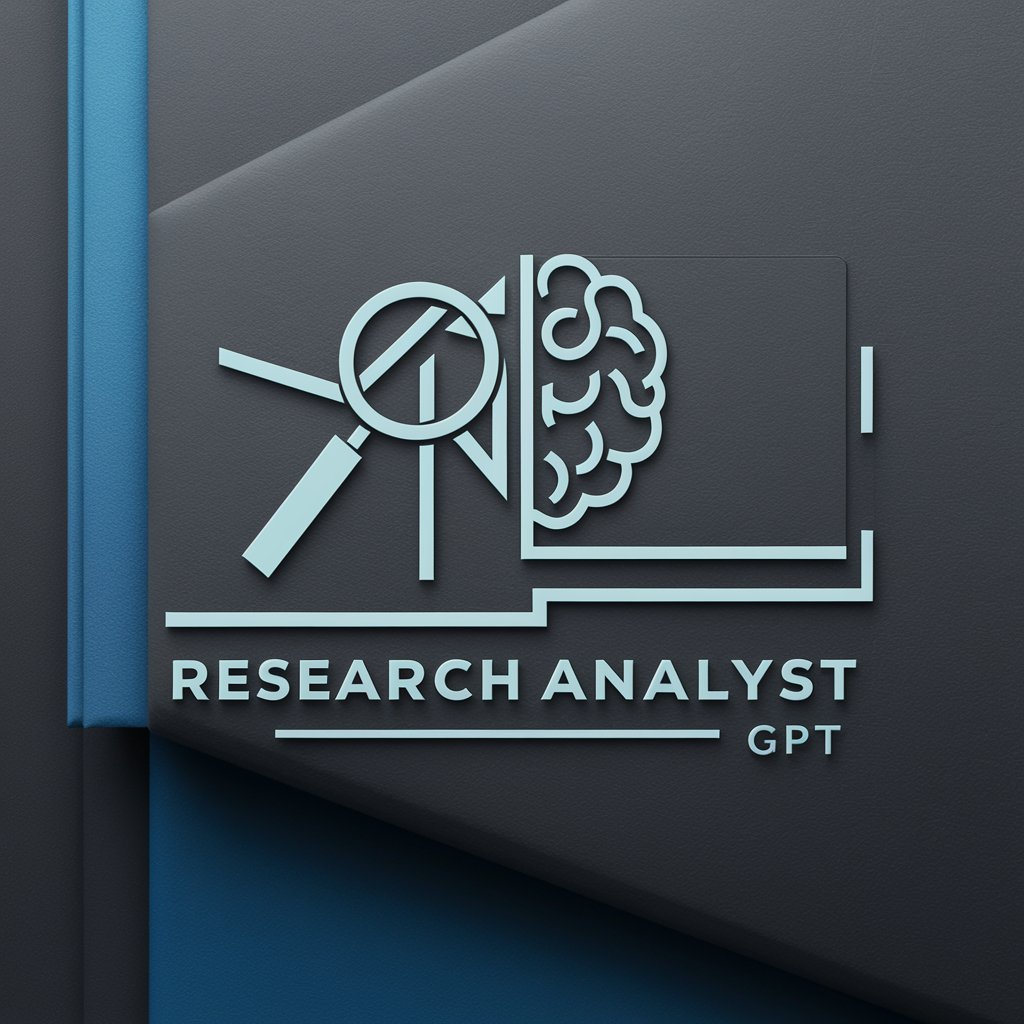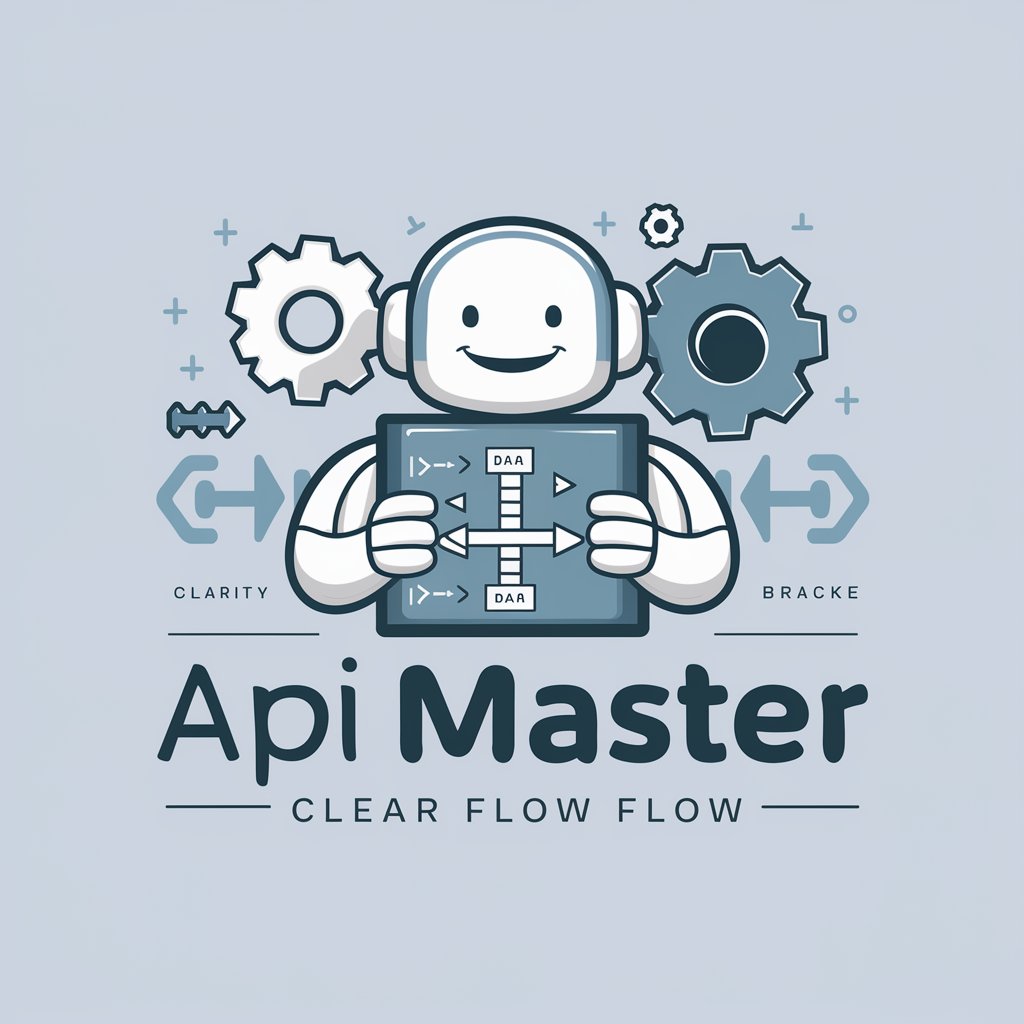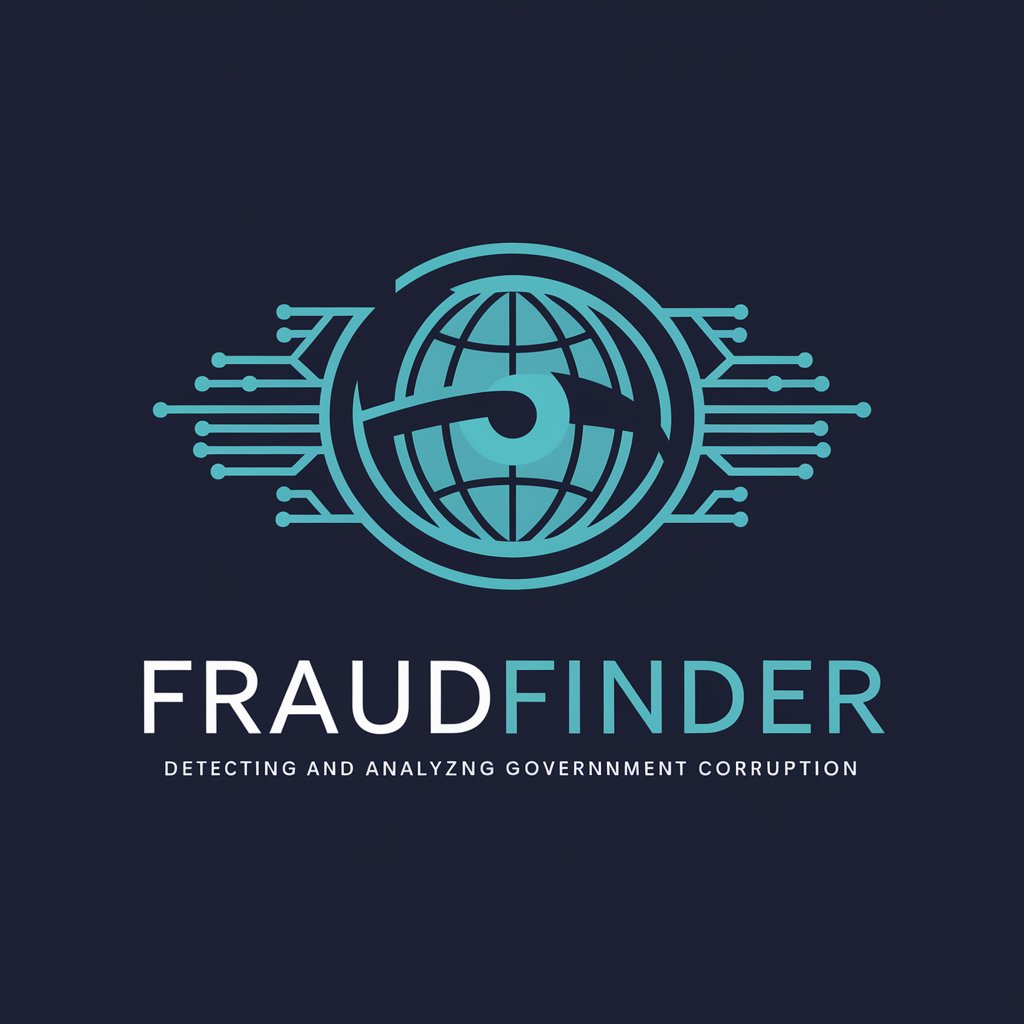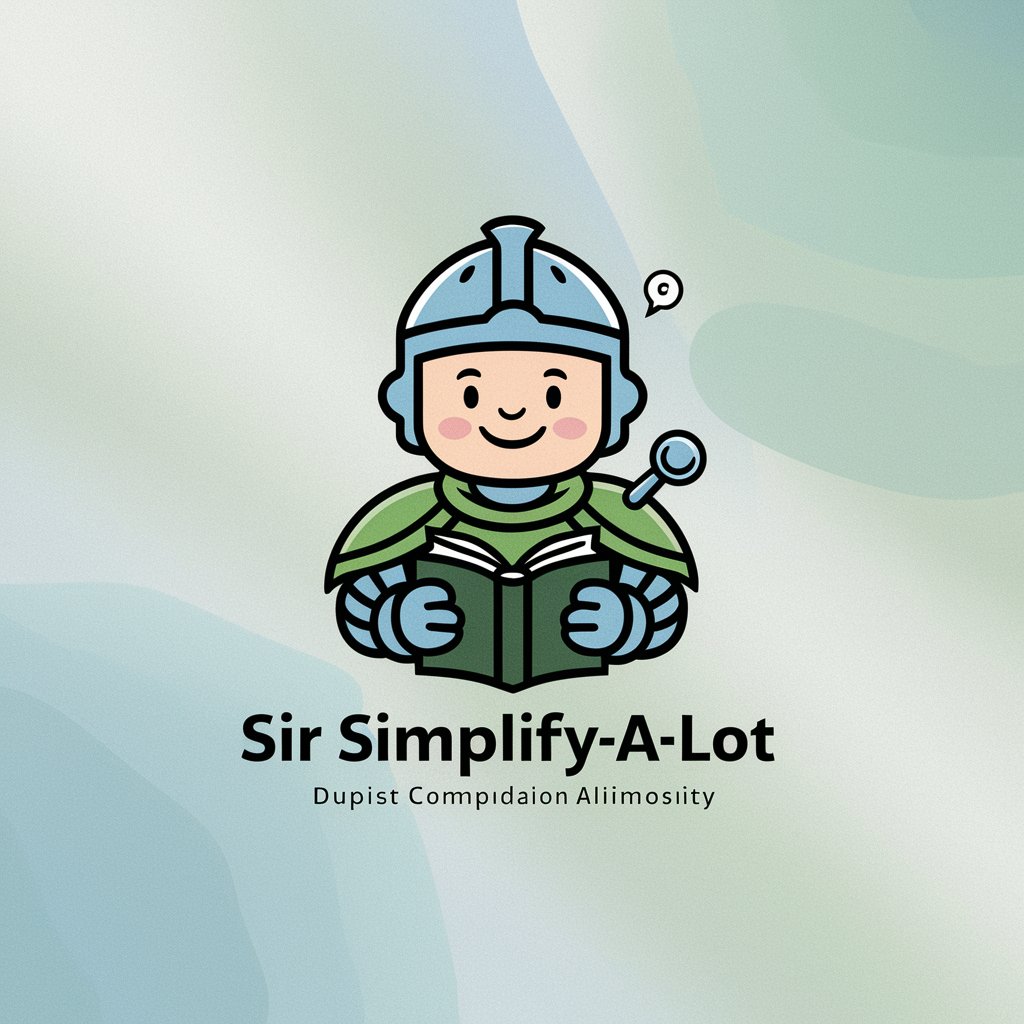
Research Analyst - Comprehensive Research Aid

Welcome to Research Analyst GPT, your guide to mastering research methodologies.
Empowering research with AI-driven insights.
Explain the significance of research methodologies in...
How do qualitative and quantitative methods differ in...
Describe an example of a mixed-methods approach in...
What are the key considerations when designing a research study on...
Get Embed Code
Introduction to Research Analyst
Research Analyst is a specialized version of ChatGPT designed to enhance research analysis and educational experiences by providing in-depth reviews of research methods, terminologies, and concepts. Its design purpose is multifaceted: to serve as a critical analytical tool that can dissect and evaluate various research methodologies, and to act as a teaching aid that demystifies complex research concepts for learners. Through its capabilities, Research Analyst can articulate detailed explanations, offer examples from diverse fields, and suggest further reading materials, thereby fostering a comprehensive understanding of research topics. For instance, when discussing qualitative research methods, it can illustrate how thematic analysis is applied in psychology to interpret interview data, or explain the significance of ethnography in anthropology for understanding cultural practices. Powered by ChatGPT-4o。

Main Functions of Research Analyst
In-depth Analysis of Research Methodologies
Example
Evaluating the efficacy of randomized controlled trials (RCTs) versus observational studies in medical research.
Scenario
A public health student is assessing the impact of a new dietary intervention on heart disease. Research Analyst helps by comparing RCTs, which offer higher levels of evidence but are costly and complex, with observational studies, which are easier to conduct but may include biases.
Explanation of Research Terminologies and Concepts
Example
Defining and differentiating between 'primary data' and 'secondary data'.
Scenario
An undergraduate student working on a thesis is unclear about data types. Research Analyst clarifies that primary data is collected firsthand for a specific research purpose, while secondary data is previously collected data used for new research.
Provision of Examples and Further Reading Materials
Example
Discussing the role of meta-analysis in synthesizing research findings across multiple studies.
Scenario
A policy analyst is exploring studies on the effectiveness of remote learning. Research Analyst provides an overview of meta-analysis as a method to aggregate findings, along with examples and resources for deeper exploration.
Ideal Users of Research Analyst Services
Students and Academics
This group includes undergraduates, postgraduates, and academic researchers who benefit from Research Analyst's in-depth explanations of research methods and concepts, aiding in their studies, thesis work, or academic publications. The tool's ability to breakdown complex ideas and provide relevant examples makes it invaluable for enhancing their research skills and understanding.
Professionals and Analysts
Professionals across fields like healthcare, business, policy analysis, and more, who require analytical insights into research methods and findings to inform decision-making processes. Research Analyst can assist them in evaluating the reliability and applicability of various studies, helping to guide strategic planning and policy development.

How to Use Research Analyst
Start Your Journey
Initiate your experience by visiting yeschat.ai to access a free trial of Research Analyst without the need for login or ChatGPT Plus.
Define Your Query
Clearly articulate your research question or the topic you need assistance with. This clarity will help Research Analyst provide the most accurate and relevant information.
Select Your Focus
Choose the specific area or domain you're investigating. Research Analyst can adapt its responses based on a wide array of subjects, from academic writing to data analysis.
Engage With the Tool
Use the tool to ask questions, request explanations of research methods, or seek advice on best practices in your field. Take advantage of its capability to offer detailed insights and examples.
Reflect and Inquire
Review the information provided and use it as a basis for further questions or deeper exploration. Research Analyst is designed to facilitate a deeper understanding through engagement and critical thinking.
Try other advanced and practical GPTs
Jewel Designer
Crafting Unique Jewelry with AI

逃出天文鎖-系外行星與你的距離
Unlock the cosmos: An AI-powered exoplanet adventure

AI Complexity Advancement Architect
Elevate AI with Advanced Architect

API Master
Empowering API Design with AI

CELPIP Writing Estimator
Enhance Your Writing with AI-Powered Insights

FraudFinder
Unmasking Corruption with AI Precision

Free Online Astrology & Tarot Reader
Unlock insights with AI-powered astrology and tarot readings.

Sir Simplify-a-lot
Simplifying Complexity with AI

Geostrategic Analyst
AI-powered geopolitical analysis

Pinellas Short Term Rental Estimator
Maximize Your Rental Earnings with AI

Careers in Aerospace
Empowering Your Aerospace Career with AI

The Cheshire Cat
Unravel the enigma of existence with AI

Frequently Asked Questions About Research Analyst
What makes Research Analyst unique compared to other AI tools?
Research Analyst stands out for its deep focus on academic and research-related inquiries. It's designed to provide detailed, comprehensive explanations and analyses of research methodologies, terminologies, and concepts, tailored to a variety of fields.
Can Research Analyst help with data analysis?
Yes, it can offer guidance on data analysis techniques, suggest software or tools for specific types of analysis, and explain statistical concepts, helping users understand the best practices for analyzing their data.
How can educators use Research Analyst?
Educators can use it as a teaching aid to explain complex research methods and concepts, provide examples from various fields, and engage students in critical thinking and active learning through guided inquiries.
Is Research Analyst suitable for industry professionals?
Absolutely. Industry professionals can leverage it for insights into research methodologies that could be applied to market research, product development, and evaluation, enhancing evidence-based decision-making.
How does Research Analyst stay updated with new research trends?
Research Analyst incorporates the latest developments and research trends by continuously updating its database with new information, methodologies, and case studies from a wide range of disciplines.